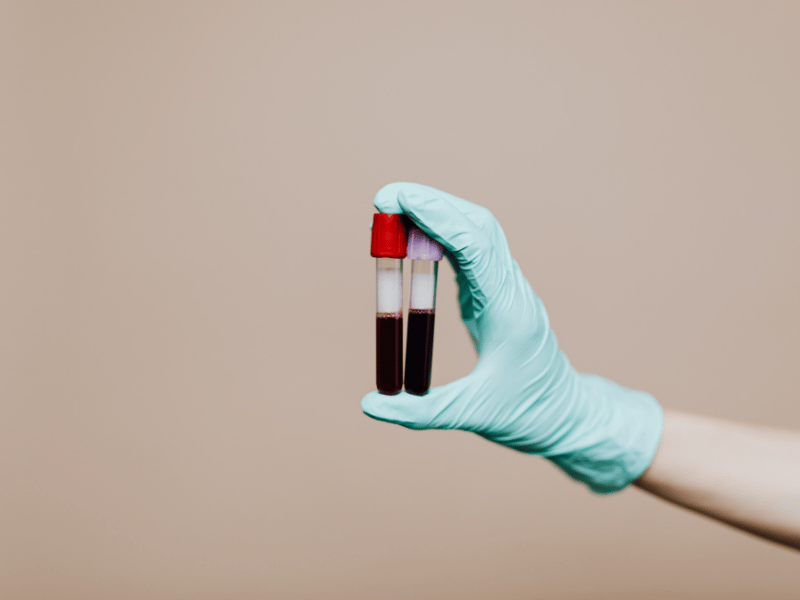Vaccinations are vital for protecting babies from serious and potentially life-threatening diseases. They help build immunity by introducing weakened or inactive forms of pathogens to prepare the immune system to fight off infections. A structured vaccination timeline ensures that your baby gets the right vaccines at the right time, maximizing their protection as they grow. For parents seeking baby vaccination in Singapore, understanding this schedule is key to keeping your child safe and healthy.
Understanding the Baby Vaccination Timeline
What Is a Vaccination Timeline?
A vaccination timeline is a carefully designed schedule that outlines when your baby should receive specific vaccines. It is created to align with the developmental stages of a baby’s immune system, ensuring maximum protection against diseases. Following this timeline helps safeguard babies during their most vulnerable early years.
Why Timing Matters
The timing of vaccinations is crucial because a baby’s immune system develops gradually. Vaccines are given at specific ages to provide immunity when babies are most at risk. Delays can leave your baby unprotected, which is why sticking to the recommended schedule is so important.
Birth to 2 Months: The First Essential Vaccines

Hepatitis B Vaccine
The Hepatitis B vaccine is typically given within 24 hours of birth. It protects against a serious liver infection caused by the hepatitis B virus, which can lead to chronic liver disease or cancer later in life. This vaccine is the first step in safeguarding your baby’s long-term health.
BCG (Bacillus Calmette-Guérin) Vaccine
The BCG vaccine is commonly administered at birth in regions where tuberculosis is prevalent. It helps protect babies from severe forms of tuberculosis, including TB meningitis. This vaccine is especially critical in areas with high TB rates.
Rotavirus Vaccine
Rotavirus is a leading cause of severe diarrhea in infants. The vaccine, typically given at 2 months, helps prevent dehydration and complications from this common illness. It is usually administered orally and requires multiple doses to be effective.
DTaP, Hib, and Polio Vaccines
Combination vaccines for diphtheria, tetanus, pertussis (DTaP), Haemophilus influenzae type b (Hib), and polio are also introduced during this stage. These vaccines protect against multiple serious diseases with a single injection. They form a strong foundation for your baby’s immunity.
4 to 6 Months: Building on Early Protection
Booster Shots
Booster doses for DTaP, Hib, and polio are given during this stage to reinforce the immunity provided by the initial doses. These boosters ensure that the protection remains strong as your baby continues to grow.
Rotavirus and Pneumococcal Vaccines
Additional doses of the rotavirus and pneumococcal vaccines are administered during these months. These vaccines help prevent severe diarrhea and respiratory infections, which are common in infants. Completing these doses is essential to maintaining effective protection.
Importance of Completing the Early Doses
The first six months are critical for building a robust immune defense. Completing the full series of early vaccines ensures that your baby is well-protected during this vulnerable period. Missing doses can weaken the effectiveness of the vaccination process.
6 to 12 Months: Preparing for Toddlerhood
Influenza Vaccine

The annual flu vaccine becomes important starting at six months, particularly during flu season. Babies are at higher risk of severe flu complications, making this vaccine a priority. Regular flu shots help protect your baby as they grow.
MMR (Measles, Mumps, Rubella) Vaccine
The first dose of the MMR vaccine is given around 12 months to protect against measles, mumps, and rubella. These highly contagious diseases can cause severe complications, making early vaccination essential. This vaccine is a significant milestone in your baby’s vaccination journey.
Hepatitis A Vaccine
The first dose of the Hepatitis A vaccine is introduced at 12 months in regions with a high prevalence of the disease. It protects against a virus that can cause liver infection and other complications. Completing this vaccine series helps ensure long-term immunity.
Completion of Any Remaining Boosters
By this stage, it’s important to complete any remaining booster doses for DTaP, Hib, and pneumococcal vaccines. These final doses solidify the immunity established by earlier vaccines. Staying on track with the schedule ensures optimal protection.
15 to 18 Months: Additional Protections
Varicella (Chickenpox) Vaccine

The varicella vaccine is administered around this time to protect against chickenpox. This disease, while common, can lead to serious complications in some cases. The vaccine is a safe and effective way to prevent chickenpox in your baby.
Second Dose of MMR
A booster dose of the MMR vaccine is given to ensure strong and lasting immunity against measles, mumps, and rubella. This second dose is a key part of completing the vaccination schedule.
Continuing Influenza Vaccination
The annual flu shot remains important for protecting your child from seasonal influenza. Keeping up with this vaccine helps maintain immunity and reduces the risk of severe illness during flu outbreaks.
FAQs on Baby Vaccination Timeline
What if my baby misses a vaccine dose?
If a dose is missed, consult your pediatrician immediately. They can create a catch-up schedule to ensure your baby is still protected.
Are vaccines safe for babies?
Yes, vaccines are extensively tested for safety and effectiveness before being approved. Side effects, if any, are usually mild and temporary.
Why are booster doses necessary?
Booster doses strengthen the immunity provided by earlier vaccines, ensuring long-term protection against diseases.
Can vaccines be given if my baby has a minor illness?
Yes, most vaccines can still be administered if your baby has a mild illness, such as a cold or low fever. Always consult your doctor to confirm.
How can I track my baby’s vaccinations?
You can use vaccination cards, digital apps, or records provided by your healthcare provider to track your baby’s vaccination schedule.
Conclusion: Protecting Your Baby’s Future, One Vaccine at a Time
Following a structured vaccination timeline is essential for keeping your baby safe from serious diseases. Vaccinations not only protect your baby but also contribute to community immunity, reducing the spread of illnesses. For parents seeking baby vaccination in Singapore, staying on track with the schedule ensures your child grows up healthy and well-protected.




